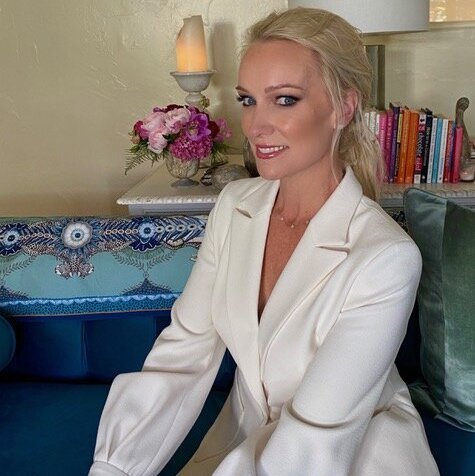What is a type
Listening to someone describes their type, you will often hear descriptions of physical characteristics (e.g., height, eye color, hair color, etc.) commonly superseding any personality traits (e.g., interests, passions, hobbies) mentioned. People frequently chase a specific type and will exclusively seek out this type when dating. But does the type they're pursuing really make sense for them? People can overlook certain non-favorable traits in a potential romantic partner if they fall into their "perfect type," hoping the rest of the desirable characteristics will develop later on. This approach of solely dating the same type can render unhealthy dating patterns.
Having a Type vs. Having Basic Criteria
It's normal to have a few basic core elements of what you desire in your future partner- that could be race, age, religion, or specific personality traits but beyond that, chemistry is entirely elusive, and you must be OPEN to love in all shapes and forms. Closing yourself off to possibilities when someone is outside your standard type is a surefire way to limit your dating experience. Acknowledge your pattern, its current success rate, and ultimately if searching outside your type could greatly benefit your dating life.
How to Break The Pattern
When dating, having a consistent pattern that has always left you with the seemingly wrong type doesn't break without a conscious effort. Breaking the pattern begins with expanding your scope of thinking to pursue other types of romantic partners as an exciting experience. A willingness to be mentally and romantically open to the uncertainty of someone outside your typical type could bring the perfect match.
As a professional Matchmaker for around 20 years, some of my most brilliant matches have been outliers. In other words, my clients took a chance and were willing to deviate from their total ideal match criteria, and when they kept an open mind and heart, that was the moment they met the love of their life!





